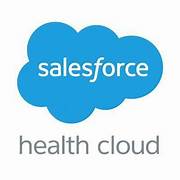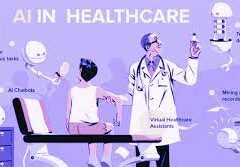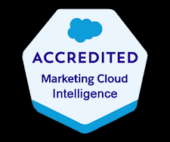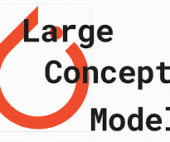Salesforce Health Cloud vs. Life Sciences Cloud
Salesforce, the world’s leading CRM platform, offers tailored solutions for diverse industries. Among its offerings, Salesforce Health Cloud and Life Sciences Cloud address distinct needs within the healthcare and life sciences sectors. While both operate in the broader healthcare ecosystem, they target different audiences and purposes. Here’s an in-depth comparison to help determine which solution fits your organization’s goals.
Salesforce Health Cloud
Overview:
Salesforce Health Cloud is a comprehensive CRM solution designed to improve patient care by offering a 360-degree view of patient data, enhancing care coordination, and boosting patient engagement. It’s ideal for healthcare providers, payers, and organizations focused on delivering personalized healthcare experiences.
Key Features:
- Patient 360: Centralized access to clinical data, medical history, and lifestyle details for personalized care.
- Care Coordination: Facilitates collaboration across care teams for seamless patient care.
- Patient Engagement: Patient portals and mobile apps enable appointment booking, health tracking, and communication with providers.
- HIPAA Compliance: Adheres to healthcare regulations, ensuring secure management of patient data.
- EHR Integration: Synchronizes with Electronic Health Record systems for real-time patient data access.
Use Cases:
- Hospitals and Clinics: Managing patient records and improving care coordination.
- Insurance Payers: Enhancing member engagement and claims management.
- Home Healthcare: Coordinating in-home care and monitoring patient progress.
Salesforce Life Sciences Cloud
Overview:
Salesforce Life Sciences Cloud caters to pharmaceutical companies, medical device manufacturers, and biotech firms. It focuses on managing the lifecycle of medical products, from clinical trials and regulatory compliance to HCP (Healthcare Professional) engagement and product launches.
Key Features:
- Clinical Trials Management: Streamlines trial tracking, participant management, and compliance.
- HCP Management: Tracks interactions with healthcare professionals while ensuring regulatory adherence.
- Regulatory Compliance: Built-in tools to meet standards like FDA guidelines, EU MDR, and others.
- Product Lifecycle Management: Manages the journey of medical products from development to post-market monitoring.
- Sales and Marketing Automation: Equips sales reps with real-time HCP and market insights.
Use Cases:
- Pharmaceutical Companies: Overseeing clinical trials, launching products, and managing HCP relationships.
- Medical Device Manufacturers: Supporting product development and compliance across the lifecycle.
- Biotech Firms: Facilitating clinical research and regulatory collaboration.
Key Differences
| Feature | Salesforce Health Cloud | Salesforce Life Sciences Cloud |
|---|---|---|
| Target Audience | Healthcare providers, patients, payers | Pharma companies, biotech firms, device manufacturers |
| Focus | Patient care, engagement, and coordination | Product lifecycle management and compliance |
| Compliance | Healthcare regulations (e.g., HIPAA) | Pharma/device regulations (e.g., FDA, EU MDR) |
| Sales & Marketing | Patient engagement is central but not sales-driven | HCP relationship management and sales enablement |
| Clinical Trials | Not a focus | Comprehensive clinical trials management |
Choosing the Right Solution
Salesforce Health Cloud is the ideal choice for healthcare providers looking to enhance patient care, engagement, and coordination. In contrast, Salesforce Life Sciences Cloud is tailored for organizations in the life sciences sector managing clinical trials, regulatory compliance, and product lifecycle operations.
Understanding your organization’s goals is critical to selecting the right platform. Whether it’s improving patient outcomes or bringing groundbreaking therapies to market, Salesforce offers the tools you need to succeed.
Need expert guidance for Salesforce Health Cloud implementation? Let us help!













